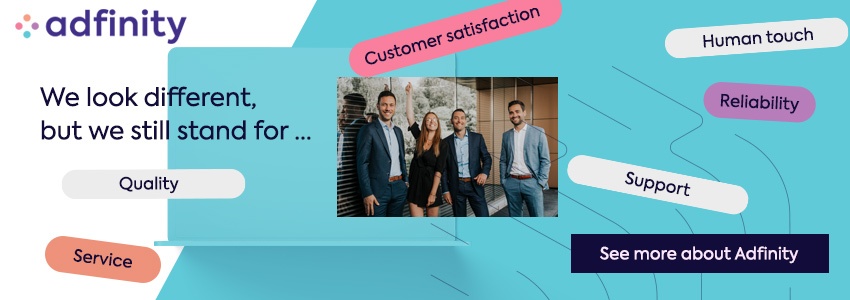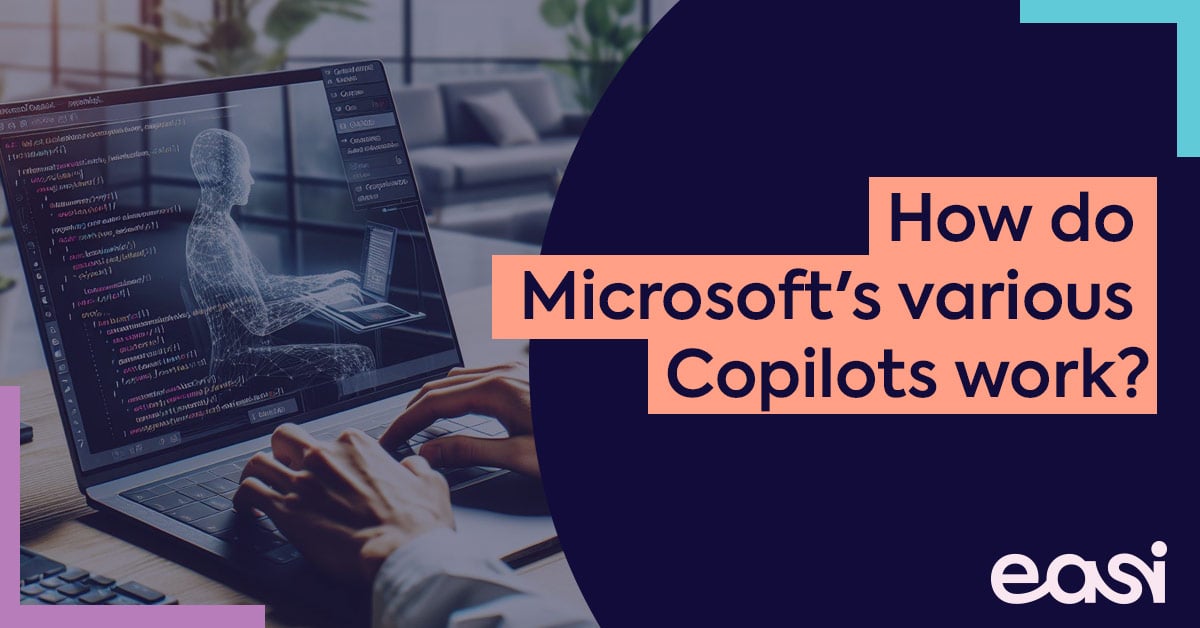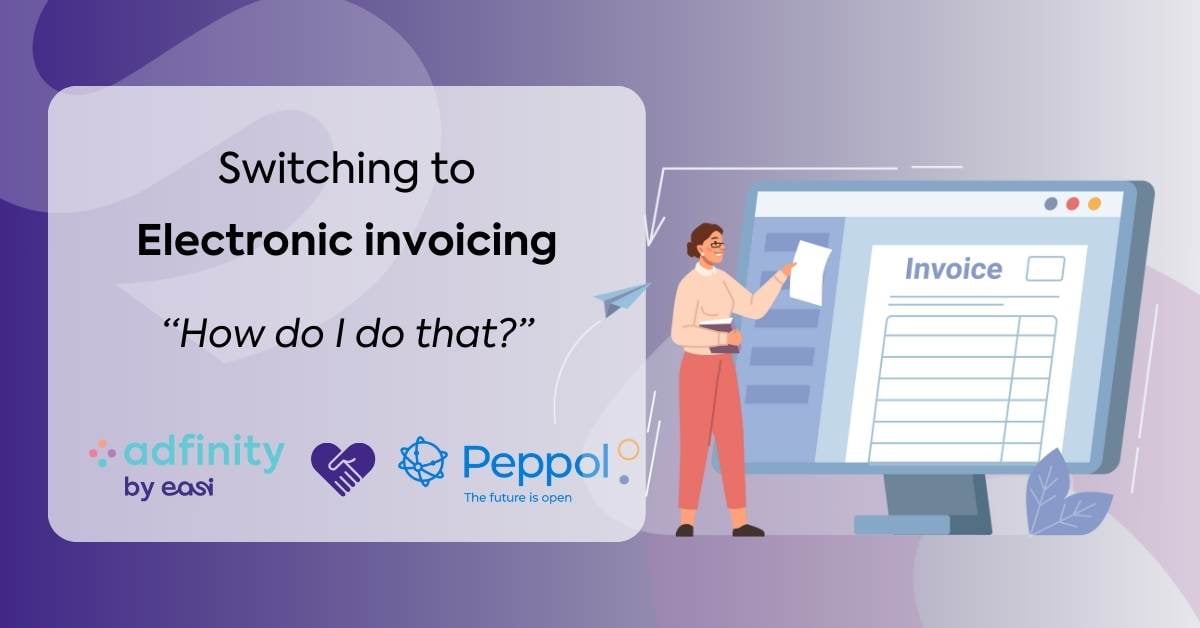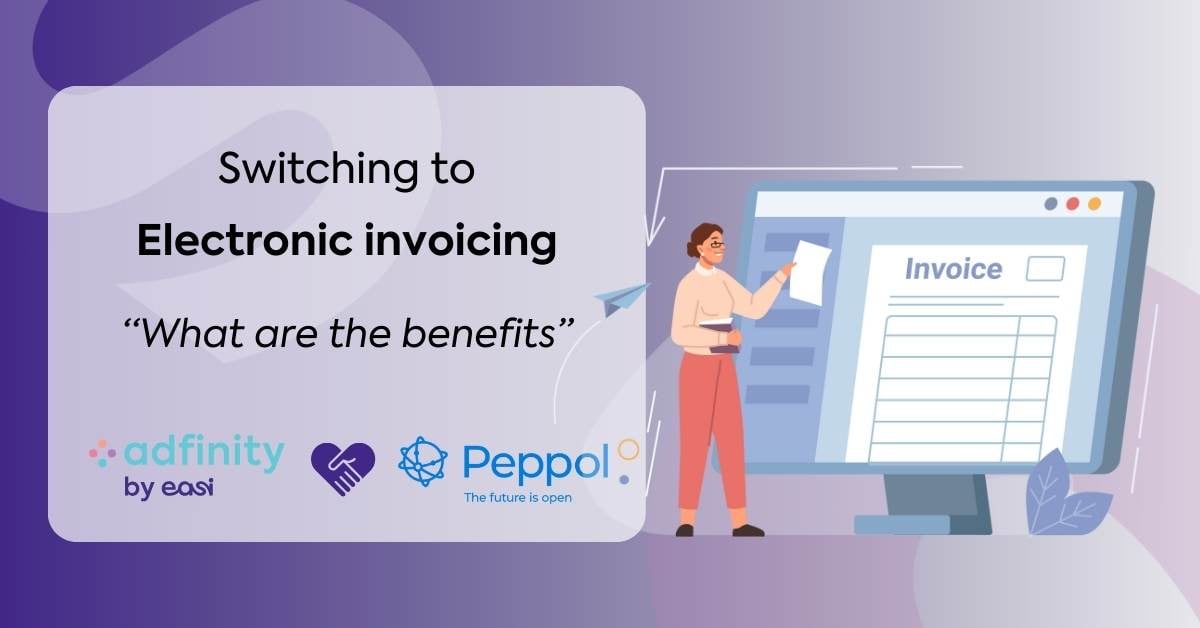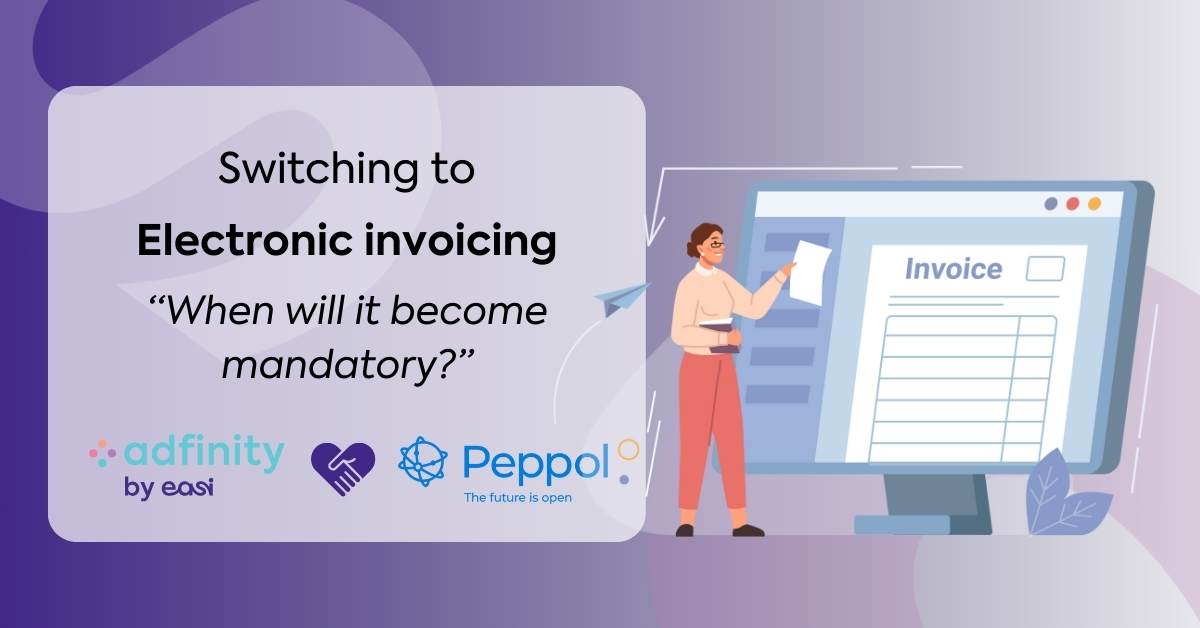As an entrepreneur, you can be sure of one thing: you have to keep track of your accounting. To do so properly, you obviously use an accounting software program. Choosing the right accounting software that best suits your needs, is extremely important, because this may come with many advantages and/or disadvantages. In this article, we will provide you with a few points that you definitely need to consider.
Basic accounting or more than that ?
If you want to spend as little time as possible on your accounting, and you see bookkeeping purely as a legal obligation, then go for a simple solution that doesn't do more than that either. There are also a lot of accounting solutions - often on-line - that will meet your needs at very low prices: posting incoming and outgoing invoices, and periodically balancing the expenditure on the one side, and the income on the other.
Another possibility is that you may be someone who likes to know how your company is doing at any given moment: what is the liquidity or cash flow position, how much have I spent on a specific project compared to budget, which invoices and order forms are already approved, what about my consolidated figures and so on. If you ask this type of questions regularly, you should rather choose a more advanced financial tool.
Require analytical accounting ?
A question you definitely need to ask is whether you will be using analytical accounting. Do you want to enter your costs and incomes under specific cost and expenditure posts, and if so, how many headers would you like to use? With some software you will get charged additionally for this functionality. Other accounting packages have 2 or 4 default cost headers; other packages provide a virtually unlimited number of headers. Think carefully before you choose. Too few cost headers can be a problem, but it is of course useless to pay for 20 cost headers if you only need 4 in practice.
So to choose the right accounting software, you should rather choose a clear structure that you know will meet your needs, in advance.
Paperless working
There is an indisputable trend to digitization of communication on the way and accounting did not escape this. Order forms and invoices are indeed still often on paper, but more and more, they are sent and received via email. When an accountant receives an invoice, he/she often requires the approval of the person who placed the order before payment is made, (should the invoice be paid, is the amount correct, were the goods received correctly, etc.). This approval can also come both on paper and electronically. Electronic invoicing is the next step, in which invoices are no longer exchanged on paper or PDF but in XML-format according to certain standards.
To choose the ideal accounting software, it is important that you ask a number of questions. Do you plan to print out and keep all documents in a folder? Do you want to work entirely paperless? Are you satisfied with a simple digitisation of this via scanning? Or do you want to go further and simplify certain processes, for example, with OCR recognition of data from documents and electronic approval work flows in your organization?
These are of course important questions that will have an influence on the choice of your accounting software.
Reporting
Some accounting packages do not provide reporting in the standard version. Other packages again, may go much further. And other packages offer standard integrations with Business Intelligence tools so you can also cross your financial information with data from other systems (ERP, etc.). Sometimes there is also the possibility to consult reports via mobile applications. You must also resolve these kinds of issues before you can choose your ideal accounting software.
Integration with other tools
In most cases, besides the accounting software, there is other software in use in an enterprise too, such as production or CRM systems. In some cases, it may be helpful to provide a link between both applications. If that is something you need, choose a solution that provides default links, or a partner who has the necessary expertise to facilitate this link for you.
Cloud-based or not?
The cloud offers many advantages and seems to be the first choice these days in terms of software package installations. However, in certain cases it may be more feasible to install the accounting software on a server that runs on the premises. You may also start small in the cloud and as your business grows, the need to work on a local server grows more and more. Or just the other way round. Whatever the scenario, it's important to see whether your accounting software can be used cloud-based, from a local server, or both ways.
The price doesn't say it all
Accounting software packages come in all price ranges, and as is often the case, quality comes at a price. The saying "if you pay peanuts, you get monkeys" certainly applies. It is important not to pay too much, but also not too little. Once you have chosen a software package, it requires a huge effort to change the solution again. A modular solution can be a good choice. So you can start with - and pay for - just what you need, and possibly add additional functionalities or users at a later stage, while the expense at that time will follow your own expansion.
